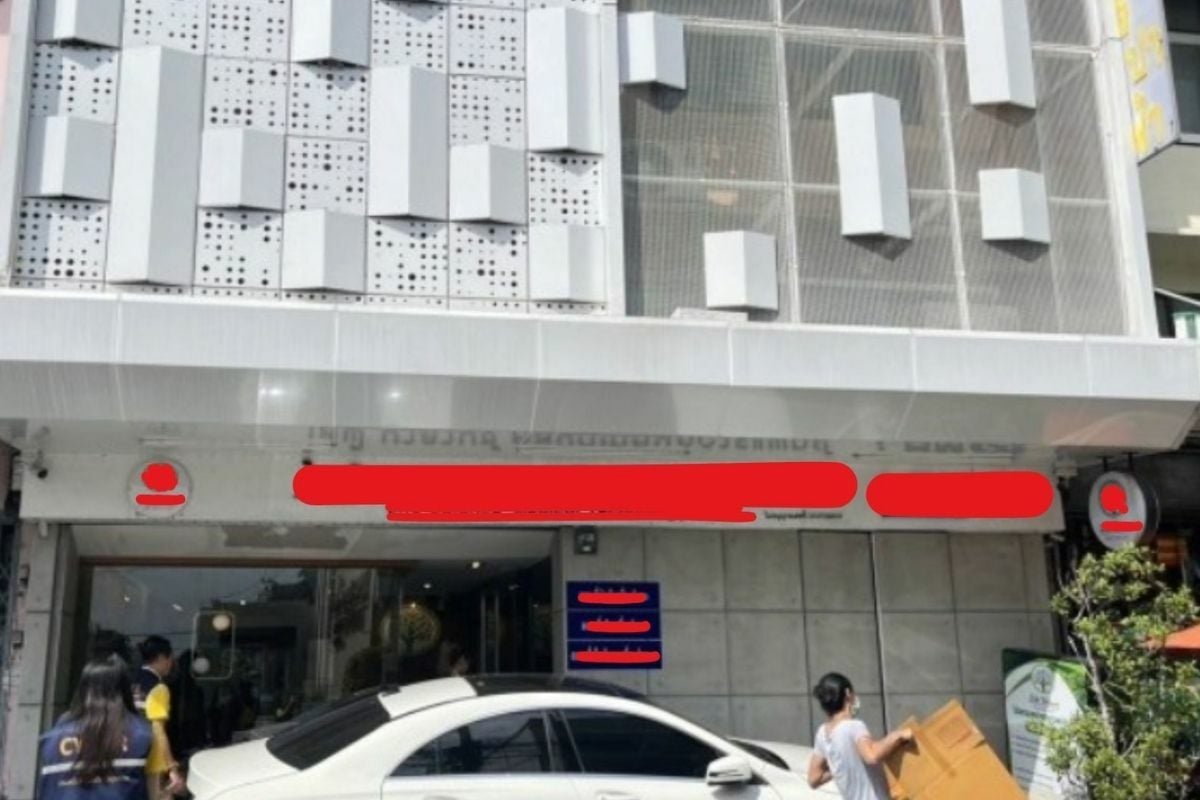Thai nurse steals umbilical cord, placenta for illegal stem cell production

A Thai nurse at a hospital in Bangkok allegedly stole umbilical cords and placentas from newborn babies and sold them to a clinic to create growth factors and stem cells, which were then distributed illegally to more than 100 beauty clinics and hospitals in Thailand.
The shocking theft and illegal production of stem cells and growth factors came to light after a Thai woman, identified as Kookkai, filed a complaint with the Ministry of Public Health (MOPH) on October 24, urging the officials to investigate human organ trafficking.
According to Kookkai, a nurse at a hospital in Bangkok secretly delivered umbilical cords and placentas from the hospital’s delivery rooms to a clinic in the Chatuchak district. ThaiRath reported that the hospital in question is Lerdsin Hospital in the Silom area of Bangkok, though the clinic’s name remains undisclosed.
Kookkai explained that the clinic used the stolen placentas to produce growth factors and the stolen umbilical cords to produce stem cells. These products were later distributed to over 100 beauty clinics and hospitals across Thailand.
Stem cells are believed to aid in repairing damaged tissues, treating diseases, and supporting regenerative medicine due to their self-renewing abilities. Moreover, it was advertised by multiple beauty clinics that it is an anti-ageing medicine.
The nurse had reportedly been stealing this waste from the hospital for approximately seven to eight years, earning 10,000 baht for each item. She is said to have delivered the stolen items to the clinic via an app-based delivery service.
Clinics raided
The clinic’s owner is reported to be a young businessman whose wife is a judge. The clinic’s official website also claimed that his mother-in-law is a distinguished researcher and an advisor to the MOPH.
On October 28, officials from the MOPH, the Food and Drug Administration, the Health Service Support Department, the Medical Service Department, and Consumer Protection Police Division 4 (CPPD 4) raided the clinic’s two branches.
At the first location, officials seized evidence worth 10 million baht, including medicines, medical equipment, and devices. At the second location, they seized similar items of comparable value and found 18 tubes of a liquid substance suspected to be stem cells.
No charges have yet been issued against the clinic owner or employees. The suspicious substance is currently under investigation to confirm whether it contains stem cells, with results expected within one to two months.
If the clinic is found guilty, those involved could face charges of producing medicine without permission, carrying a penalty of up to five years imprisonment and a fine of up to 10,000 baht.
Kookkai’s lawyer, Songkarn Autchariyasub, stated that he had sufficient evidence to confirm that the clinic purchased umbilical cords and placentas from the nurse to produce stem cells and growth factors.
The lawyer said he had advertisements for the products, which the clinic has since removed from its website, and a screenshot of a conversation between the clinic and a client who experienced negative side effects from the stem cells and growth factors.
Organ trafficking or theft
Lerdsin Hospital Director, Adisak Ngam-kajohnwiwat, admitted that one of the nurses had indeed sold umbilical cords and placentas to the clinic. He confirmed she acted alone, with no other medical professionals involved.
The nurse confessed to selling six to seven pieces of umbilical cords and placentas per year and claimed she was unaware of the clinic’s intentions.
According to ThaiRath, Kookkai and her lawyer viewed the sale of umbilical cords and placentas as human organ trafficking, while CPPD 4 Director Weerapong Klaithong considered it merely a theft.
Weerapong explained that, although umbilical cords and placentas are considered contaminated waste in hospitals, they do hold value, which could make this case qualify as theft.
Thai Rath reported that further updates on the case would be released soon.
Latest Thailand News
Follow The Thaiger on Google News:


























